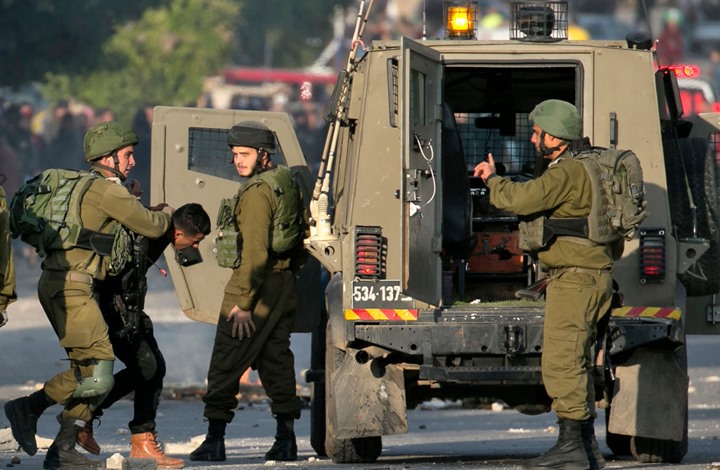GAZA, November 24, 2024 (WAFA) – Tens of thousands of displaced Palestinians in Gaza are facing even harsher conditions today as heavy rainfall caused widespread damage to their makeshift shelters.
The rainwater flooded tents that had been set up as temporary housing for families who were already displaced due to the ongoing Israeli airstrikes and bombardment.
Rescue teams reported significant damage to tents in several areas across the Gaza Strip, particularly in the Yarmouk Stadium refugee camp, Gaza City’s Municipal Park, and the Al-Shati refugee camp.
Additional damage occurred in areas such as Wadi al-Dumaythah in Khan Younis, Wadi al-Salqa, the vicinity of Al-Amal neighborhood, the grounds of Al-Aqsa University, the Shakush area in Rafah, and along the coastline of Deir al-Balah.
The flooded tents, which house thousands of displaced families, have suffered severe damage, ruining personal belongings, mattresses, and essential items. The families, who have already lost their homes due to the ongoing Israeli genocide, now face the additional hardship of having their temporary shelters destroyed by the winter rains.
Rescue teams have raised alarm about the growing risk of further disaster, especially in low-lying areas where water drainage systems have been destroyed by Israel’s airstrikes.
The destruction of Gaza’s infrastructure has made it nearly impossible for floodwaters to be properly channeled, worsening the flooding situation. In addition to the risk of flooding, there is also growing concern that buildings which have been damaged by bombing, and are being used as shelters, could collapse, leading to further casualties.
Aid organizations have issued urgent calls for the provision of additional shelters, including tents and caravans, to protect displaced families from the harsh winter conditions. The humanitarian community has warned that without immediate intervention, the situation could worsen, putting the lives of thousands of displaced people at even greater risk.
The ongoing destruction of Gaza's infrastructure, combined with the displacement of families and the continuing Israeli blockade, has created a dire situation for those living in the refugee camps and makeshift shelters.
M.N










